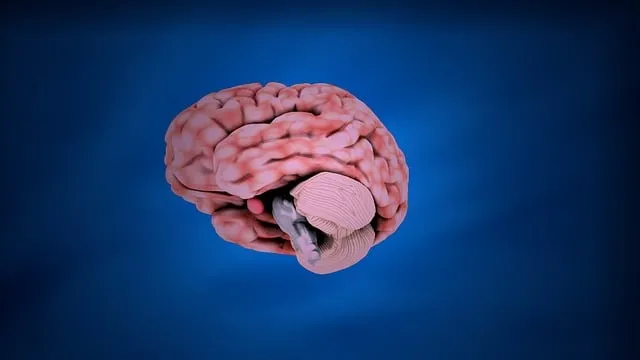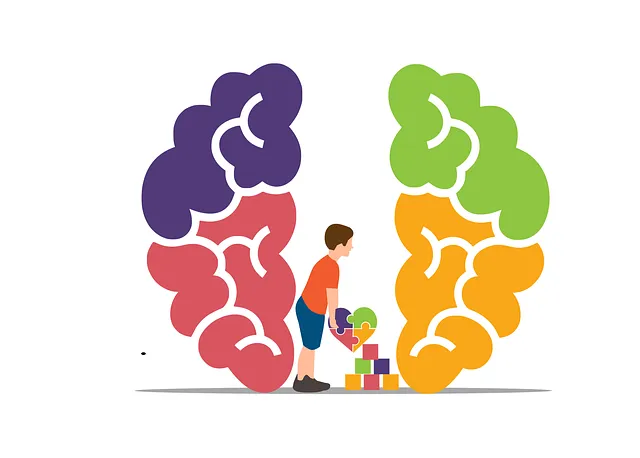Wheat Ridge Kaiser Permanente (WPKP) Behavioral Health Services utilizes the Resource, Facilitation, and Motivation (RFM) model to enhance patient care, prevent staff burnout, and expand service reach. They offer dynamic resilience-building exercises combining physical activities, mindfulness, and group discussions, informed by participant feedback. This personalized approach, coupled with the Mental Wellness Podcast Series, improves client outcomes by empowering individuals with self-care tools and fostering lifelong coping skills.
Wheat Ridge Kaiser Permanente (WPKP) Behavioral Health Services has pioneered the integration of Resilient Factors Model (RFM) and resilience-building exercises, enhancing patient well-being. This article explores WPKP’s innovative approach to RFM implementation in their behavioral health services, highlighting its role in fostering resilience among patients. We’ll delve into designing impactful exercises and practical strategies for successful execution at WPKP, offering insights that can benefit other healthcare providers aiming to integrate similar programs.
- Understanding RFM and Its Role in Behavioral Health Services at Wheat Ridge Kaiser Permanente
- Designing Effective Resilience Building Exercises for Maximum Impact
- Implementing RFM and Resilience Training: Strategies for Success at WPKP Behavioral Health Services
Understanding RFM and Its Role in Behavioral Health Services at Wheat Ridge Kaiser Permanente

At Wheat Ridge Kaiser Permanente, understanding the Resource, Facilitation, and Motivation (RFM) model is key to enhancing behavioral health services. This model recognizes that individuals’ behavior is influenced by their access to resources, the support they receive from facilitators, and their internal motivation. By applying RFM in the context of Wheat Ridge Kaiser Permanente’s behavioral health services, the organization aims to create a comprehensive approach to patient care.
Through this framework, healthcare providers can address burnout prevention by ensuring staff members have adequate resources and support. It also facilitates improved emotional regulation among patients by offering tailored interventions that consider their unique motivations. Moreover, the Community Outreach Program Implementation at Wheat Ridge Kaiser Permanente leverages RFM to expand access to services, reaching a broader population with diverse needs.
Designing Effective Resilience Building Exercises for Maximum Impact

Designing effective resilience building exercises is key to maximizing their impact on individuals’ mental wellness, as demonstrated by the successful programs at Wheat Ridge Kaiser Permanente behavioral health services. These exercises should be tailored to engage participants actively and promote deep reflection. Incorporating a mix of physical activities, mindfulness techniques, and group discussions can create a holistic experience that addresses various aspects of resilience.
For instance, the Mental Wellness Podcast Series Production offers valuable insights into developing these exercises by highlighting the importance of self-esteem improvement and communication strategies. By integrating feedback from participants, exercise designers can refine activities to align with their needs and preferences, fostering a stronger sense of agency and connection within the group. This personalized approach ensures that resilience building becomes an empowering journey, leaving individuals equipped with valuable tools for navigating life’s challenges effectively.
Implementing RFM and Resilience Training: Strategies for Success at WPKP Behavioral Health Services

Implementing RFM (Risk, Function, and Motivation) analysis and resilience training at Wheat Ridge Kaiser Permanente behavioral health services has proven to be a game-changer in enhancing client outcomes. By meticulously assessing individuals’ risks, understanding their unique functions, and tapping into their intrinsic motivations, WPKP can tailor interventions that address specific needs. This strategic approach ensures that clients receive personalized support, fostering their resilience and promoting mental wellness.
Incorporating public awareness campaigns, such as the Mental Wellness Podcast Series Production, further complements these efforts. Engaging content on self-care practices empowers individuals to take charge of their mental health. These initiatives collectively contribute to a holistic environment where clients not only build resilience but also develop lifelong skills for coping with challenges, ultimately transforming lives at WPKP Behavioral Health Services.
The implementation of RFM and resilience-building exercises at Wheat Ridge Kaiser Permanente’s behavioral health services has shown significant potential in enhancing patient well-being. By understanding the RFM framework, designing tailored exercises, and employing successful strategies, WPKP can offer transformative support to its clients. This approach not only empowers individuals to navigate challenges but also fosters a sense of resilience, ultimately contributing to improved mental health outcomes within the Wheat Ridge Kaiser Permanente community.






